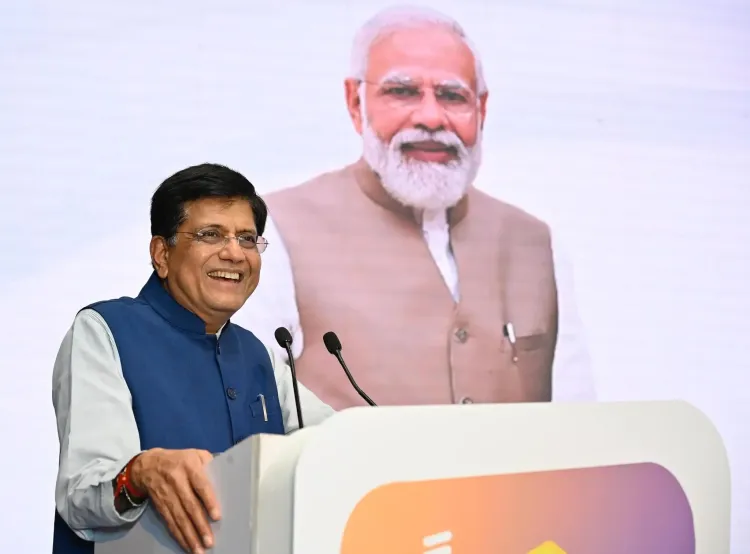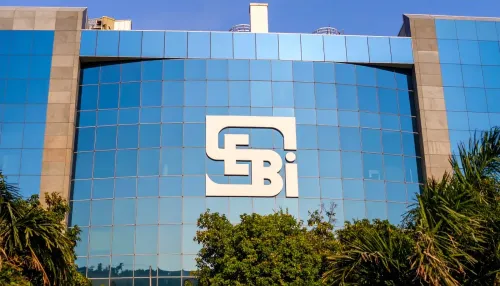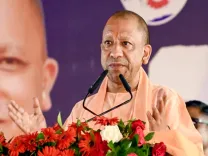Piyush Goyal Calls on Cleantech Sector to Embrace Self-Sufficiency in Innovations

New Delhi, Jan 11 (NationPress) Union Minister of Commerce and Industry, Piyush Goyal, has called upon the clean energy sector to achieve self-sufficiency and independence from government support, stating that the production-linked incentive (PLI) schemes are designed solely to kickstart projects.
Launching the ‘Bharat Cleantech Manufacturing Platform’ at an event here, the minister encouraged participants to adopt innovative thinking and expand manufacturing capabilities within the nation, as per an official statement released on Saturday.
This platform, unveiled during the ‘Bharat Climate Forum 2025’, aims to strengthen India’s cleantech value chains in sectors such as solar, wind, hydrogen, and battery storage.
Goyal noted that the platform will facilitate collaboration among Indian companies, promote co-innovation, and serve as a conduit for financing, sharing ideas, technologies, and resources.
This initiative is poised to position India as an appealing business destination and a global frontrunner in the sustainability and cleantech arena.
He emphasized that subsidies could hinder the long-term advancement and growth of the clean energy sector, urging companies to pursue self-sustainability.
The minister expressed optimism that the forum's participants would meet the target set by Prime Minister Narendra Modi of establishing 500 gigawatts of clean energy sources by 2030.
He pointed out that India has excelled in fulfilling its Nationally Determined Contributions (NDCs) submitted in 2015 to the United Nations Framework Convention on Climate Change (UNFCCC) and the Paris Agreement.
“We are significantly ahead of our goals. We have accomplished the target of installing renewable or clean energy by 2022, eight years before the deadline. After achieving the milestone of 200 gigawatts of clean energy, we are on track to reach 500 gigawatts. Furthermore, India boasts the largest interconnected grid globally,” Goyal remarked.
The minister also noted that addressing the challenges posed by climate change is not a new endeavor for India, mentioning that Gujarat was among the first states to adopt solar energy.
He credited the affordability of solar energy in the country to the Prime Minister's commitment to transparency, conducting fair auctions, ensuring competitive equality, and significantly enhancing the scale of implementation.









